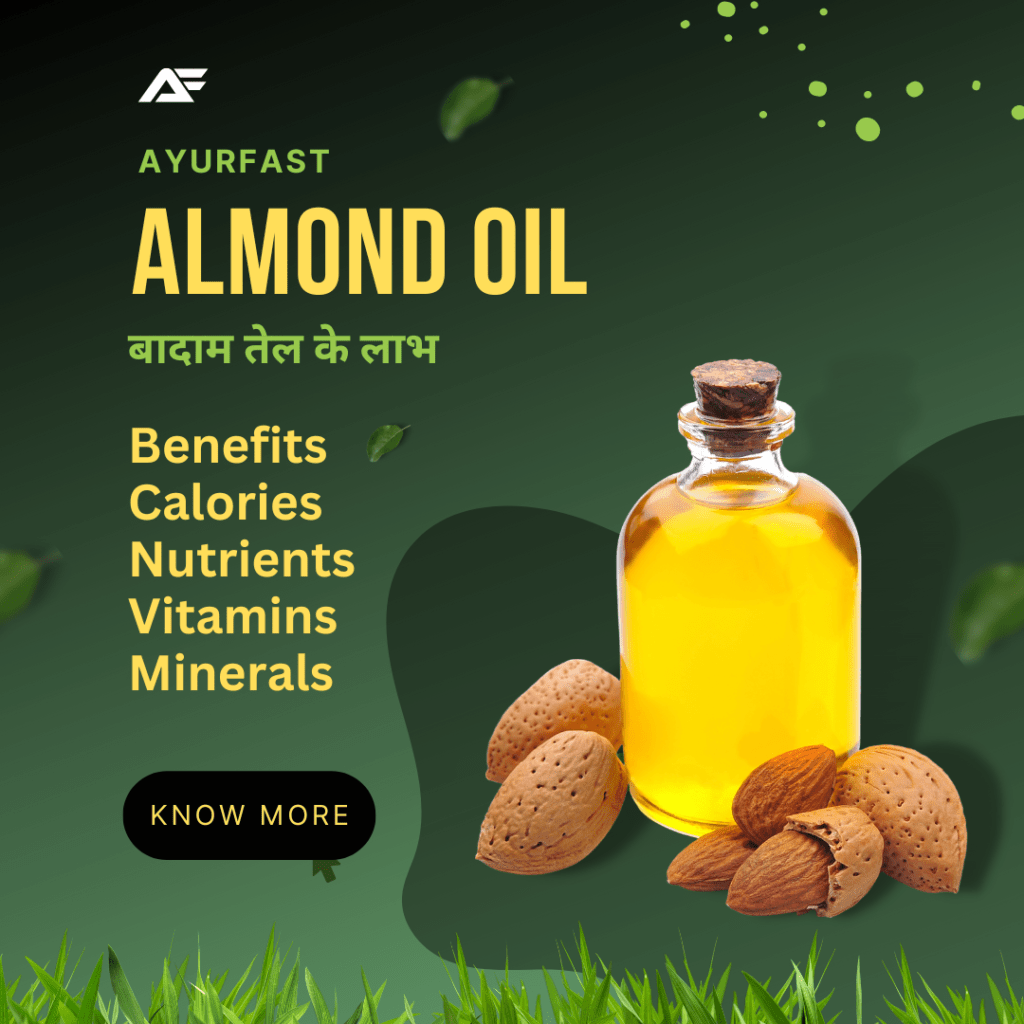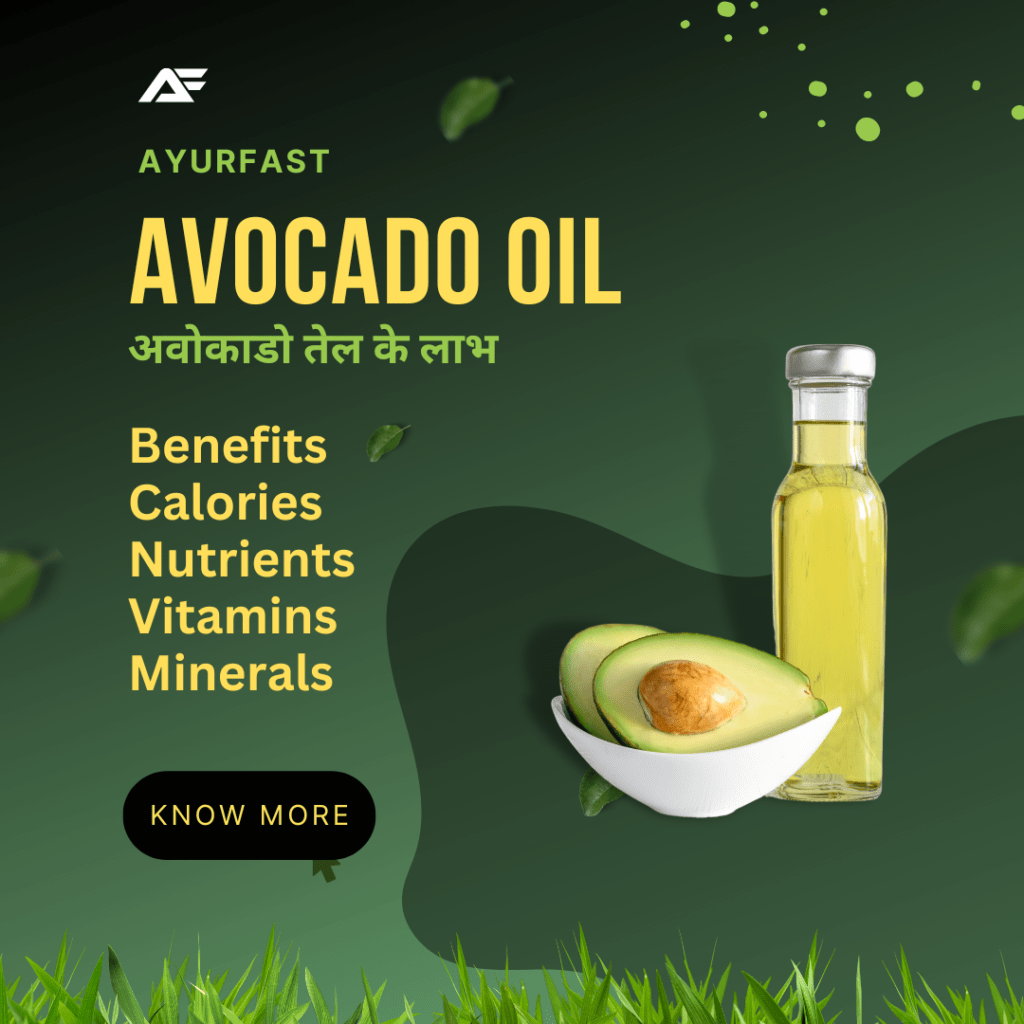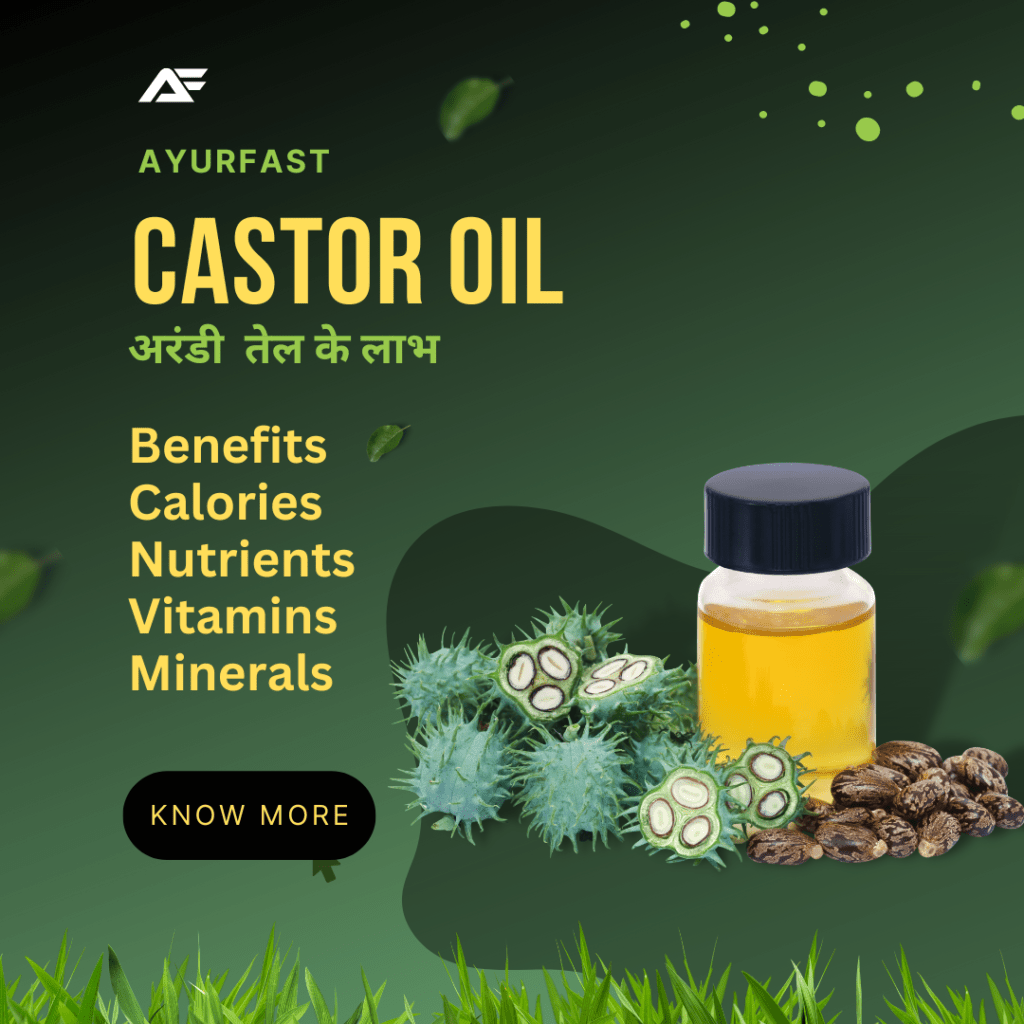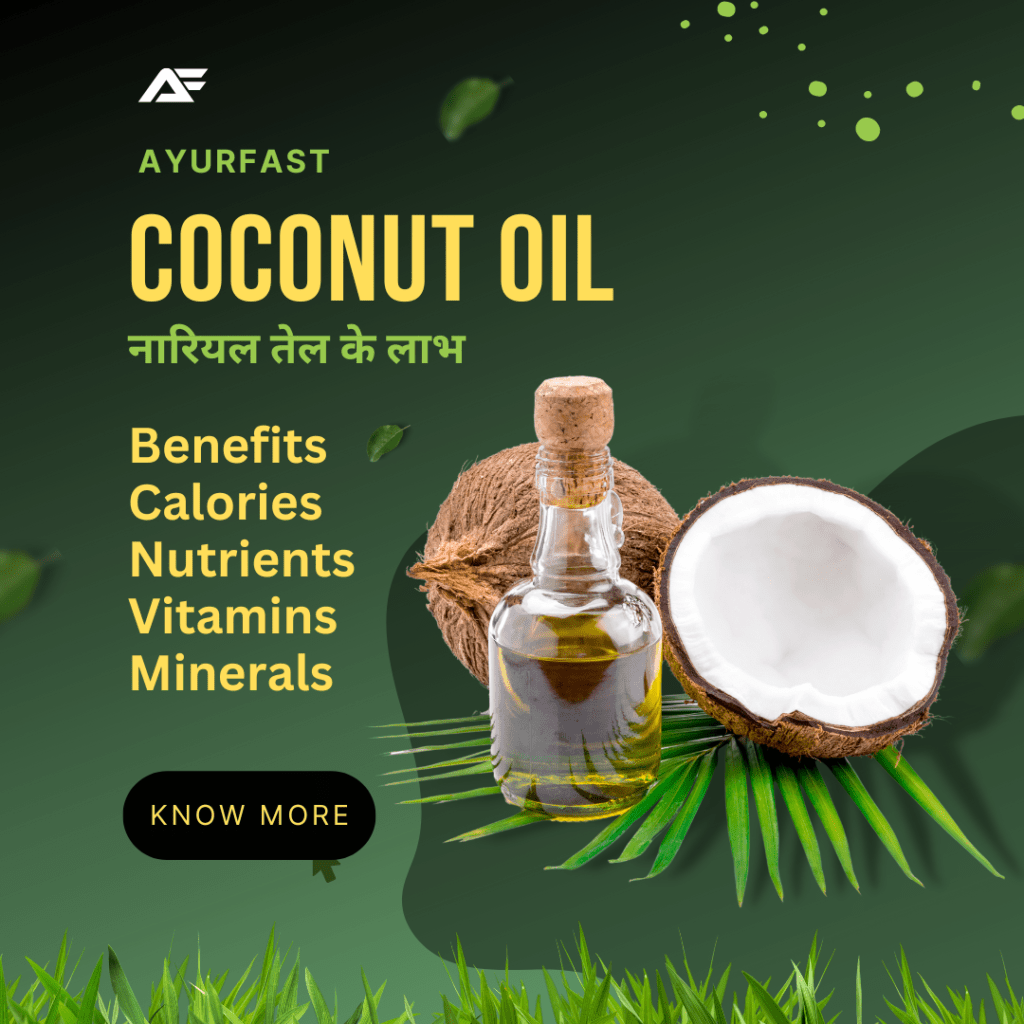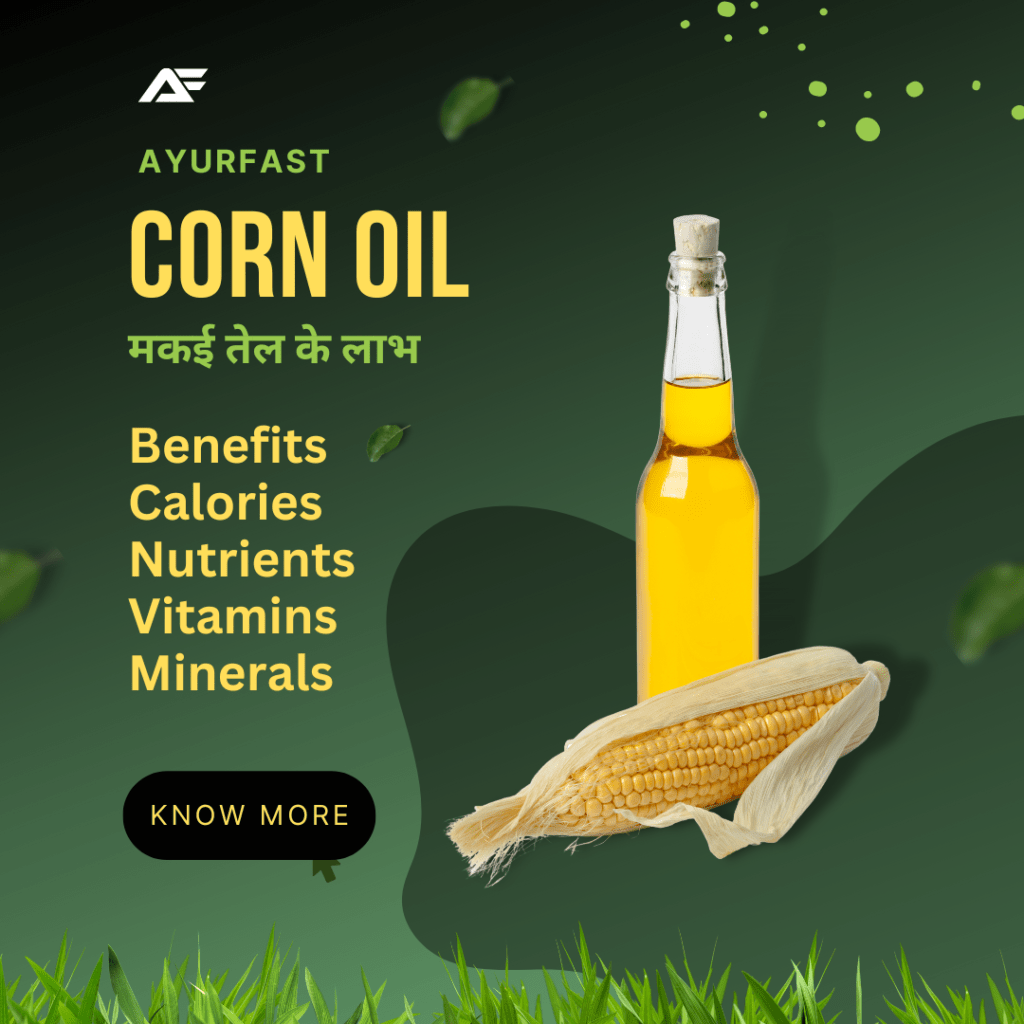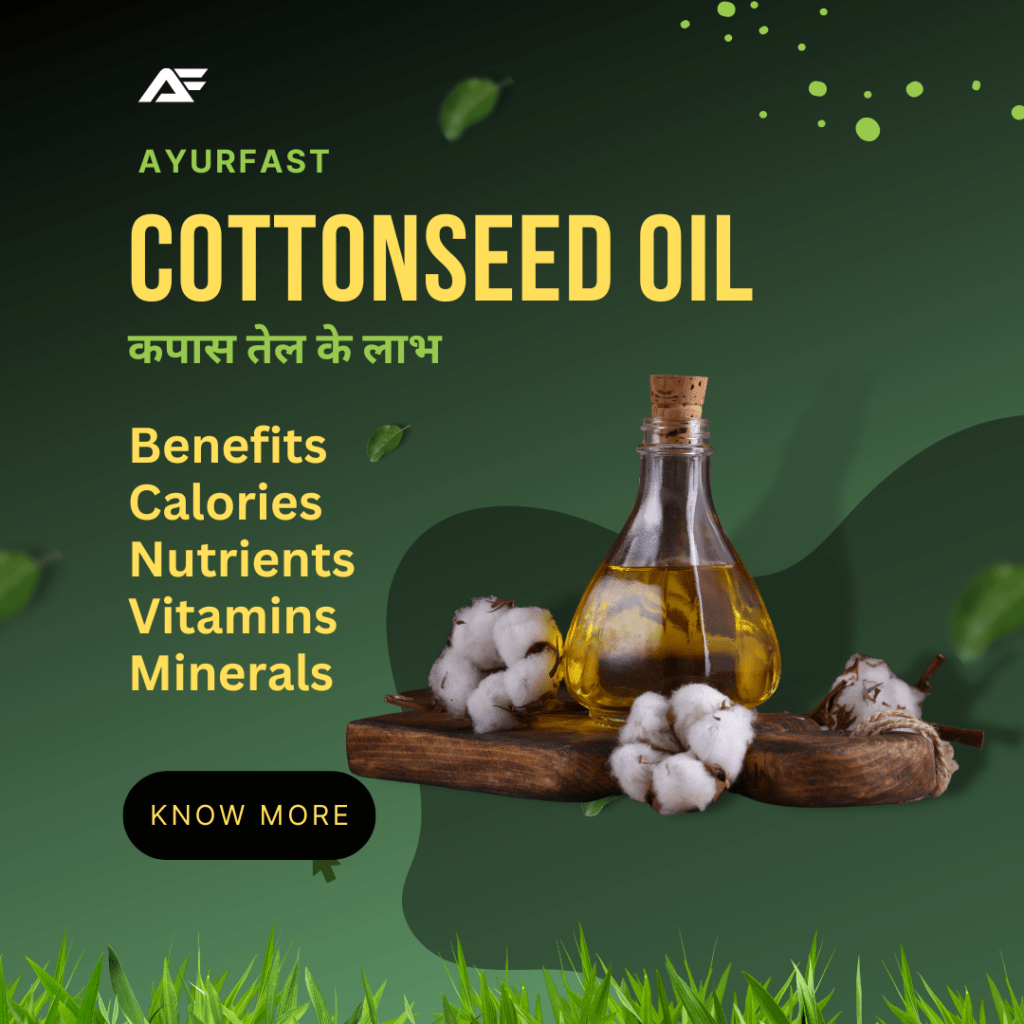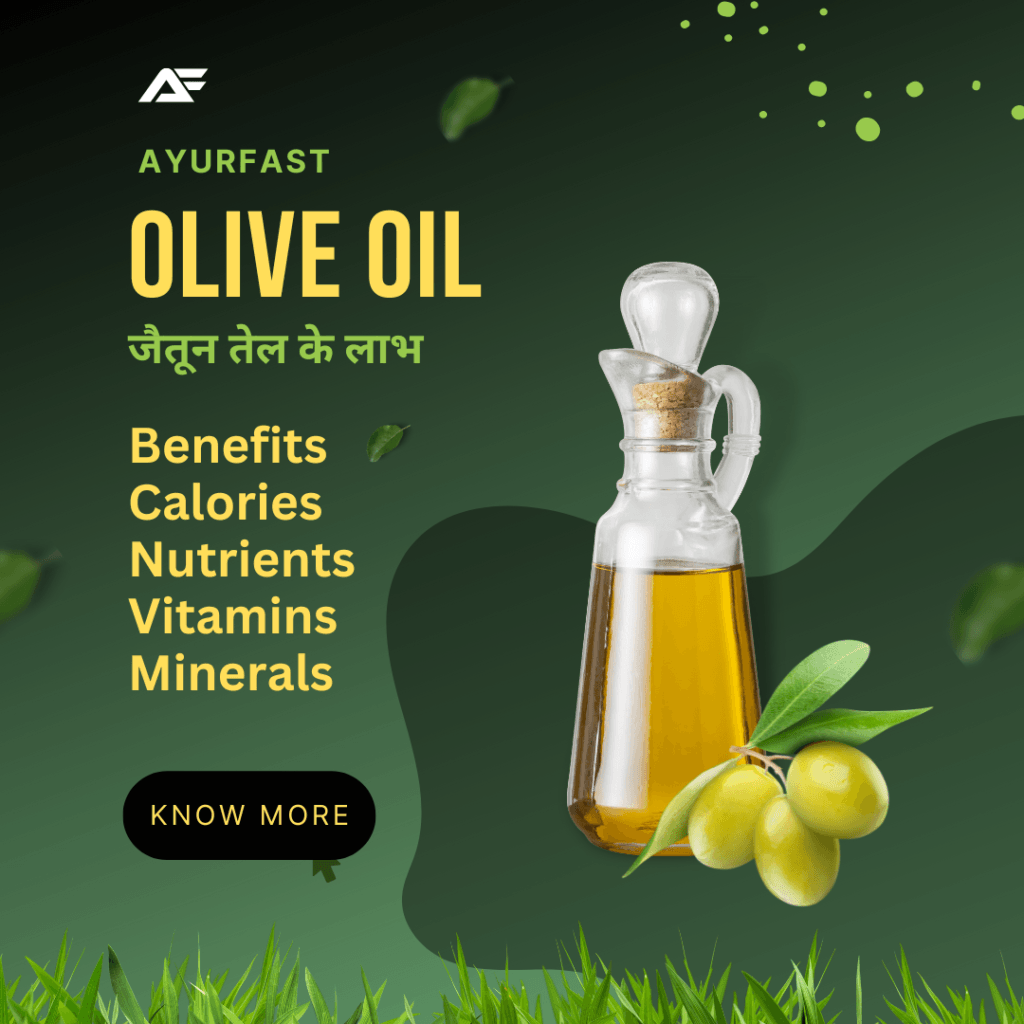
About
Mustard oil is a type of vegetable oil obtained from the seeds of mustard plants. It is commonly used in Indian, Bangladeshi, and Pakistani cuisine and is also used in traditional medicine. Here is a detailed explanation of mustard oil:
Health Benefits of Mustard Oil:
-
Good for Heart Health: Mustard oil is rich in monounsaturated and polyunsaturated fats, which can help lower cholesterol levels and reduce the risk of heart disease.
-
Anti-inflammatory Properties: The high content of alpha-linolenic acid (ALA) in mustard oil helps in reducing inflammation in the body, thereby preventing chronic diseases like arthritis, asthma, and other inflammatory conditions.
-
Enhances Immunity: Mustard oil contains vitamins A, D, and E, which help boost the immune system and protect the body from infections and diseases.
-
Skin Health: Mustard oil is a great source of vitamin E and can help moisturize and nourish the skin. It is also rich in antioxidants, which can help prevent premature aging.
-
Hair Care: Mustard oil is rich in vitamins and minerals that promote hair growth, prevent hair fall, and improve hair texture.
Health Losses of Mustard Oil:
-
Contains Erucic Acid: Mustard oil contains high levels of erucic acid, which can be harmful in large quantities. It can cause heart disease and affect the nervous system.
-
Allergy: Mustard oil can cause an allergic reaction in some people, resulting in skin rashes, itching, and swelling.
Preparation Method:
Mustard oil is extracted from mustard seeds using a cold-press method. The seeds are crushed, and the oil is extracted without the use of heat or chemicals.
List of Treatments:
Mustard oil is used in traditional medicine for various treatments, such as:
-
Relieving Pain: Mustard oil is used as a massage oil to relieve joint and muscle pain.
-
Skin Disorders: It is used to treat skin conditions like psoriasis, eczema, and fungal infections.
-
Respiratory Disorders: Mustard oil is used to relieve congestion, coughs, and colds.
Harms of Overdose:
Excessive consumption of mustard oil can lead to health problems, such as:
-
Gastrointestinal Issues: Overconsumption of mustard oil can lead to diarrhea, nausea, and abdominal pain.
-
Skin Irritation: Applying too much mustard oil on the skin can cause irritation and allergic reactions.
Per Day Maximum Consumption Chart:
The maximum daily consumption of mustard oil varies according to age and gender:
- Child (3-8 years): 1-2 teaspoons
- Adult Man: 2-3 tablespoons
- Adult Woman: 1-2 tablespoons
Macro Nutrient Content in 50g Serving of Mustard Oil
| Nutrient | Amount |
|---|---|
| Calories | 418 |
| Carbohydrate | 0g |
| Protein | 0g |
| Fat | 50g |
| Fiber | 0g |
| Water | 0g |
Vitamin Content in 50g Serving of Mustard Oil
| Vitamin | Amount |
|---|---|
| Vitamin A | 0 IU |
| Vitamin B1 | 0mg |
| Vitamin B2 | 0mg |
| Vitamin B3 | 0mg |
| Vitamin B6 | 0mg |
| Vitamin B12 | 0µg |
| Vitamin C | 0mg |
| Vitamin D | 0 IU |
| Vitamin E | 10.9mg |
| Vitamin K | 0µg |
| Folate | 0µg |
| Biotin | 0µg |
Mineral Content in 50g Serving of Mustard Oil
| Mineral | Amount |
|---|---|
| Calcium | 12mg |
| Iron | 1.3mg |
| Iodine | 0µg |
| Zinc | 0.5mg |
| Magnesium | 0mg |
| Phosphorus | 0mg |
| Potassium | 0mg |
| Sodium | 0mg |
| Chloride | 0mg |
| Copper | 0mg |
| Chromium | 0µg |
| Fluoride | 0µg |
| Molybdenum | 0µg |
| Manganese | 0mg |
| Selenium | 0µg |
What is Mustard oil?
Mustard oil is a vegetable oil extracted from the seeds of the mustard plant.
How is Mustard oil made?
Mustard oil is made by grinding and pressing the seeds of the mustard plant to extract the oil.
What are the health benefits of Mustard oil?
Mustard oil has been linked to various health benefits, including improving heart health, aiding digestion, and promoting skin and hair health.
Is Mustard oil good for cooking?
Yes, Mustard oil is a popular cooking oil in many parts of the world, particularly in Indian cuisine.
Can Mustard oil be used for massage?
Yes, Mustard oil is commonly used for massage due to its warming and soothing properties.
What is the nutritional value of Mustard oil?
Mustard oil is rich in monounsaturated and polyunsaturated fats, as well as Omega-3 fatty acids and antioxidants.
What are the properties of Mustard oil?
Mustard oil has a pungent flavor and aroma, as well as warming and anti-inflammatory properties.
How does Mustard oil compare to other oils?
Mustard oil is unique in its flavor profile and nutritional composition, making it a valuable addition to any diet.
What is the composition of Mustard oil?
Mustard oil is composed of various fatty acids, including oleic acid, linoleic acid, and erucic acid.
How is Mustard oil used in Ayurveda?
Mustard oil is used in Ayurveda for its warming and therapeutic properties, particularly for treating respiratory and digestive issues.
Can Mustard oil help with heart disease?
Some studies suggest that Mustard oil may have beneficial effects on heart health, such as reducing inflammation and improving lipid profiles.
Is Mustard oil cholesterol-free?
Mustard oil is naturally cholesterol-free, making it a healthy option for those concerned about their cholesterol levels.
Can Mustard oil be used for skincare?
Yes, Mustard oil is often used in skincare due to its moisturizing and anti-inflammatory properties.
Can Mustard oil be used for haircare?
Yes, Mustard oil is commonly used for haircare due to its nourishing and strengthening properties.
Is Mustard oil vegan?
Yes, Mustard oil is a vegan-friendly oil.
Is Mustard oil gluten-free?
Yes, Mustard oil is naturally gluten-free.
Is Mustard oil nut-free?
Yes, Mustard oil is a nut-free oil.

